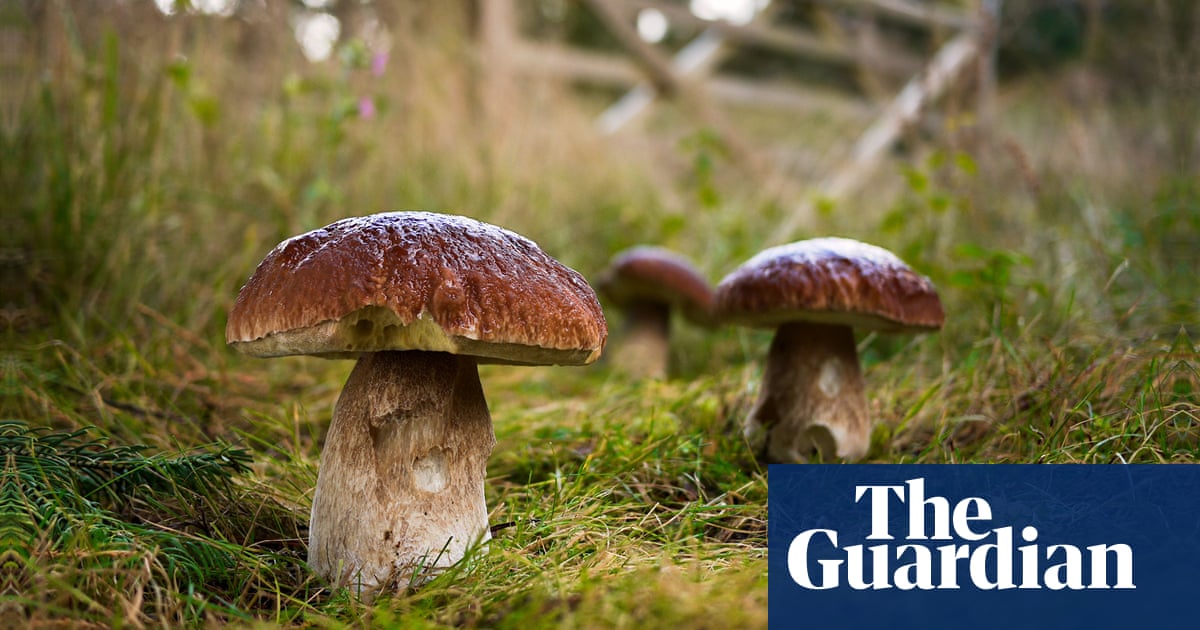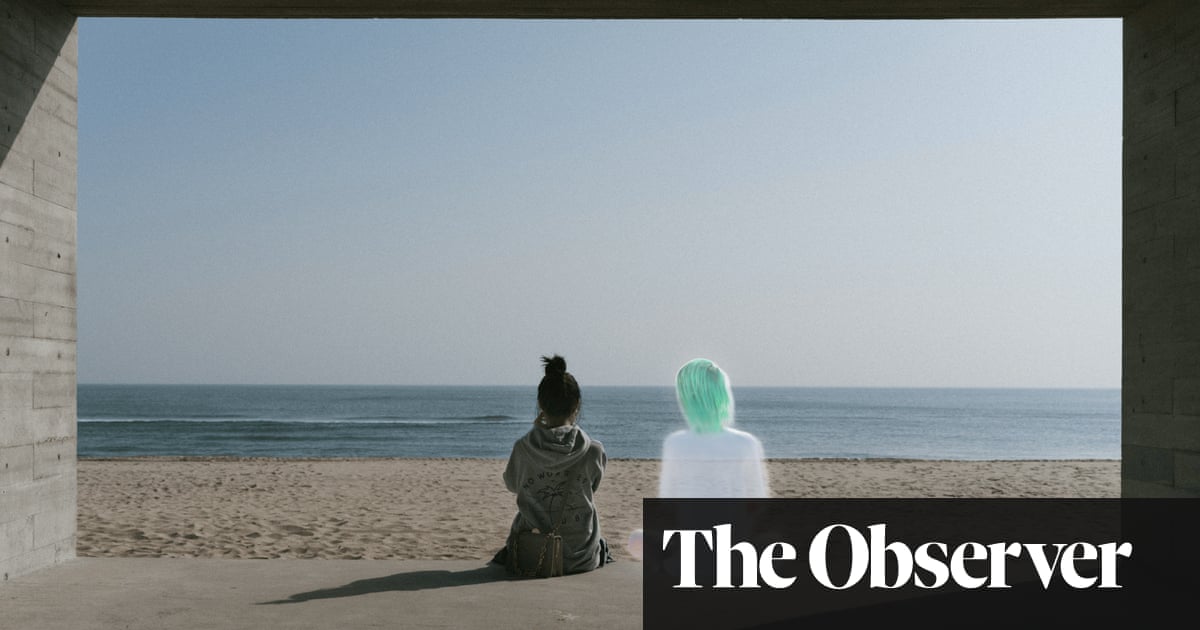
f you are the type of person who is tormented by the thought of all the books out there still waiting to be read, you are likely, for the worst of reasons, to have some time on your hands. Nobody would choose these circumstances in which to tackle their to-be-read pile, but books have a distinct role to play in times of trouble. The best of them absorb our attention, enlarge our sympathies and understanding and provide not merely simple distraction but a more complex way of engaging with the world and our place in it. These books – individually brilliant and absorbing – also try, in very different ways, to examine how we function as human beings.
The Western Wind by Samantha Harvey
The Western Wind by Samantha Harvey
This is the novel of recent years that I have most frequently pressed on people; it is magnificent. Set in the late 15th century in a tiny Somerset village during Lent, it’s a cunning mystery – who is responsible for the death of the village’s benefactor? – and a profound exploration of faith, guilt and social cohesion. What elevates it is the quality of Harvey’s attention to the minuscule kinks and reflexes of human behaviour.
The Magic Mountain by Thomas Mann
Admittedly this book should come with a trigger warning for those whose greatest fear is getting stuck in a medical institution for years on end, but if you can stick it out in the Alpine sanatorium to which the protagonist, Hans Castorp, takes himself, the rewards are great. It’s hard to believe that Mann originally thought of his epic examination of Europe in the run-up to the first world war as a compact work – but he clearly needed all those pages – more than 700 – to weave his spell-binding, quasi-surreal story of civilisation and its discontents.
Devotions upon Emergent Occasions by John Donne
Devotions upon Emergent Occasions by John Donne
Sixteenth-century devotional literature might not seem the rest cure you need, but to Donne, who wrote this series of meditations, expostulations and prayers in the aftermath of serious illness, it came naturally. Even now, its minute attention to what happens to the body, mind and soul when it is besieged by sickness and temporarily separated from wider society is deeply nourishing and, in an odd way, curative.
Invisible Man by Ralph Ellison
Novelist Ben Okri describes this book, published in 1952, as a paradigm shift in literature; experimental in nature, searing in subject matter, it stands as a novel that shifted the goalposts. In it, a nameless black man tells the story of his life from his current home, an underground room – through his upbringing, his abortive college career, factory work and his eventful relationship with a black civil rights group. It is, quite simply, unforgettable.
Kazuo Ishiguro.
Yes, in one sense it is “about” human cloning, but it is more importantly about the painful truth of our mortality and how we deal with the fact that, one day, we will be separated from everybody we love. No point in sugar-coating it: Ishiguro’s tale of a group of boarding-school students being used as part of a scientific experiment is immensely troubling and upsetting. But, this being Ishiguro, it also gets to the heart of the bonds between us, what we cannot bear to say, and what will survive of us.
Feel Free by Zadie Smith
This essay collection – substantial but perfect to dip into – showcases the breadth of Smith’s curiosity and the facility with which she can shift between the sombre and the humorous, the small-scale and the vast. Subjects include Smith’s north London upbringing, Ella Fitzgerald, Justin Bieber and US politics as witnessed through the eyes of a British expat.
The Cost of Living by Mavis Gallant
The Cost of Living by Mavis Gallant
Gallant was Canadian by birth, but a citizen of the world by nature – she lived in Paris for most of her life and retained an abiding interest in rootlessness and movement that inflect all of her work. This collection focuses on her early and previously uncollected pieces, and includes the extraordinary long story “The Burgundy Weekend”; and “Going Ashore”, the peerless tale of a rackety woman on a cruise with her young daughter.
Lolly Willowes by Sylvia Townsend Warner
Many have longed for escape from irritating family members, but very few have opted for full-on witchcraft – unlike Lolly, who alights on the village of Great Mop, moves there, and discovers herself making a pact with the devil, not to mention a cat called Vinegar. A delightful piece of earlyish 20th-century writing, with a nice line in appreciating the lengths women have to go to in order to avoid the domestic and familial responsibilities placed on their shoulders.
Super-Cannes by JG Ballard.
Super-Cannes by JG Ballard
Would that Ballard were here to see so many of his eerie predictions becoming flesh. In his absence, though, we have his work, including this turn-of-the-millennium warning about a gated hi-tech community peopled by sleek executives and an extremely disturbing psychiatrist, cast in the role of Prospero. Violent, subversive and gripping, it will make you relieved to be at home.
The Art of Not Falling Apart by Christina Patterson
Into each life some rain must fall, but journalist Christina Patterson had, by the time she reached middle age, endured a monsoon – serious illness, bereavement and the loss of a job that played a large part in her sense of identity and well-being. Undefeated, she set about collecting the stories of others who had stuggled to create a powerful portrait of the continuation of life and the pursuit of contentment.
I read this novel on a ship in the middle of the ocean, so I’ve thoroughly sea-tested its ability to draw you in when there’s not much else to do. Set in rural West Yorkshire, it follows the lives of a group of villagers scandalised by the vandalism visited on the local postbox through its stolen letters (including one, written to the local authorities, that boasts 100 footnotes). Disgruntled dog walkers, manic amateur dramatists and a policeman in pursuit of the culprit all feature; surreal humour and linguistic antics abound.
I Feel Bad About My Neck by Nora Ephron
There’s barely a day when I don’t think of Ephron as I contemplate the loss of elasticity and youthful vigour in the mirror. But it’s not all sic transit gloria mundi in this wonderful celebration of life: there’s also the story of the author’s time as an intern in JFK’s White House, in which she is sure she’s the only female employee whom the president didn’t make a pass at (“Perhaps it was my wardrobe, which mostly consisted of multicoloured Dynel dresses that looked like distilled Velveeta cheese”), her search for the perfect handbag and, pertinent for our purposes, her lifelong love of reading.
What books would you recommend to others right now? It doesn’t have to be related to the coronavirus – it could be a diverting comedy or a good, long series. Share your picks in the comments.












